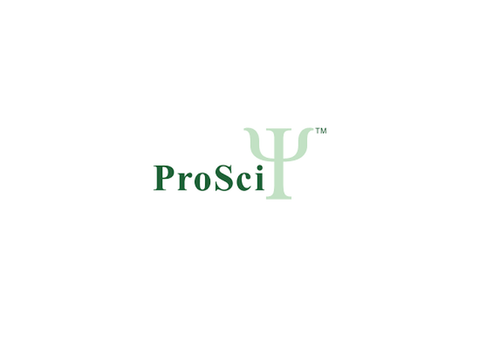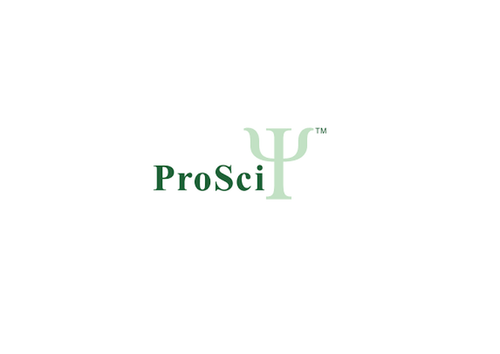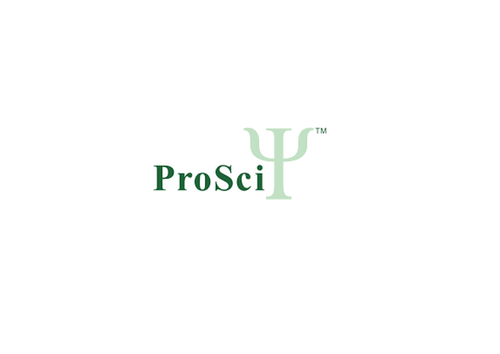Product Description
TACI Antibody (biotin) | XP-5278Bt | ProSci
Host: Goat
Reactivity: Human
Homology: N/A
Immunogen: Produced from sera of goats pre-immunized with highly pure (>98%) recombinant hTACI (human TACI) .
Research Area: Apoptosis, Immunology, Antibody Pairs
Tested Application: E, WB
Application: ELISA:
Sandwich:
To detect hTACI by sandwich ELISA (using 100 μL/well antibody solution) a concentration of 0.25 - 1.0 μg/mL of this antibody is required. This biotinylated polyclonal antibody, in conjunction with our Polyclonal Anti-Human TACI (XP-5278) as a capture antibody, allows the detection of at least 0.2 - 0.4 ng/well of recombinant hTACI.
Western Blot:
To detect hTACI by Western Blot analysis this antibody can be used at a concentration of 0.1 - 0.2 μg/mL. Used in conjunction with compatible secondary reagents the detection limit for recombinant hTACI is 1.5 - 3.0 ng/lane, under either reducing or non-reducing conditions.
Specificiy: N/A
Positive Control 1: Cat. No. 1204 - K562 Cell Lysate
Positive Control 2: Cat. No. 1215 - U937 Cell Lysate
Positive Control 3: N/A
Positive Control 4: N/A
Positive Control 5: N/A
Positive Control 6: N/A
Molecular Weight: N/A
Validation: N/A
Isoform: N/A
Purification: Anti-hTACI specific antibody was purified by affinity chromatography and then biotinylated.
Clonality: Polyclonal
Clone: N/A
Isotype: N/A
Conjugate: Biotin
Physical State: Lyophilized
Buffer: N/A
Concentration: N/A
Storage Condition: TACI antibody is stable for at least 2 years from date of receipt at -20˚C. The reconstituted antibody is stable for at least two weeks at 2-8˚C. Frozen aliquots are stable for at least 6 months when stored at -20˚C. Avoid repeated freeze-thaw cycles.
Alternate Name: CVID, RYZN, TACI, CD267, CVID2, TNFRSF14B
User Note: Centrifuge vial prior to opening.
BACKGROUND: TACI is a lymphocyte specific member of the tumor necrosis factor (TNF) receptor superfamily. It interacts with calcium-modulator and cyclophilin ligand (CAML) . The protein binds to both APRIL and BAFF and induces activation of the transcription factors NFAT (nuclear-factor of activated T cells) , AP1, and NF kappa B and plays a crucial role in humoral immunity by interacting with a TNF ligand. This gene is located within the Smith Magenis syndrome region on chromosome 17.
 Euro
Euro
 USD
USD
 British Pound
British Pound
 NULL
NULL

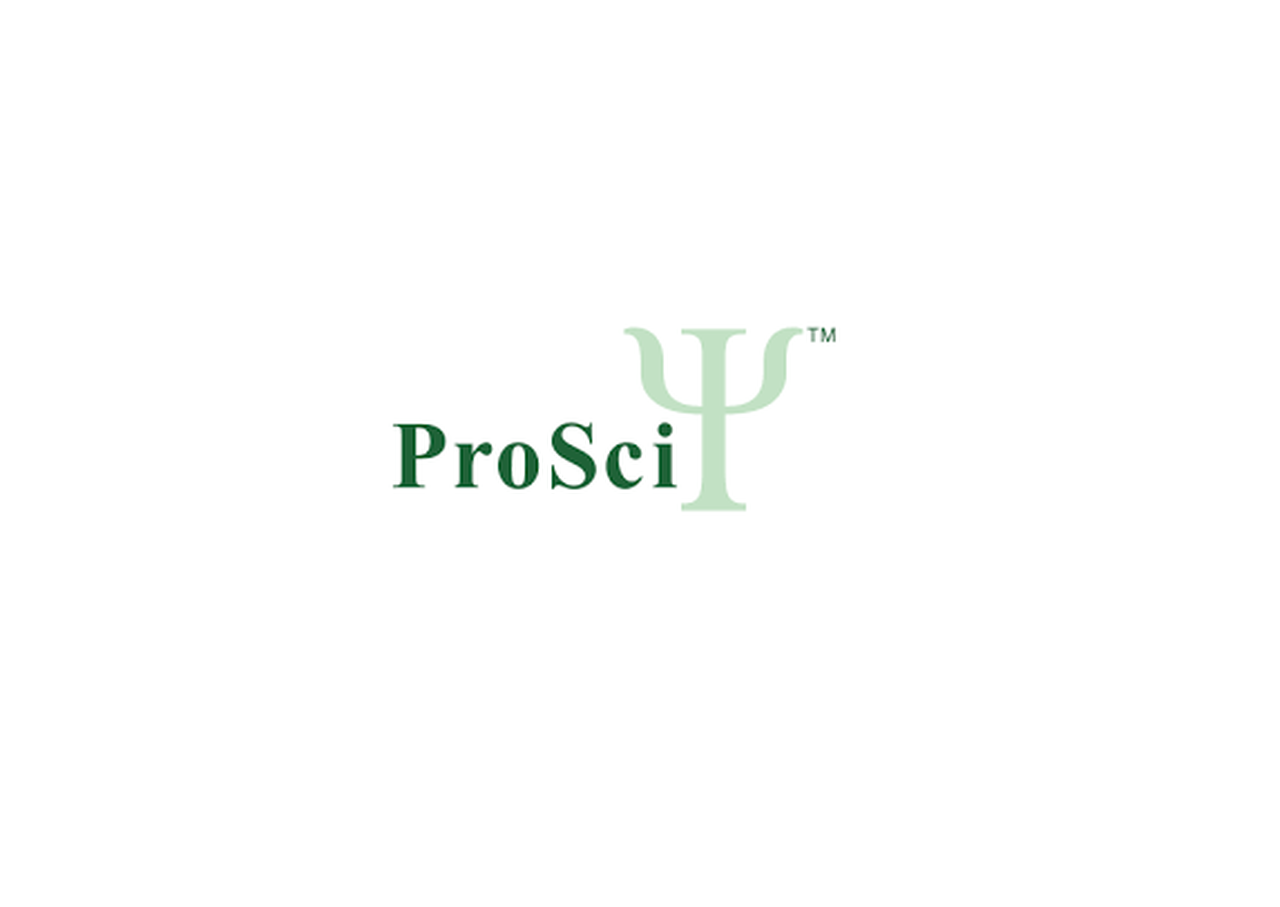
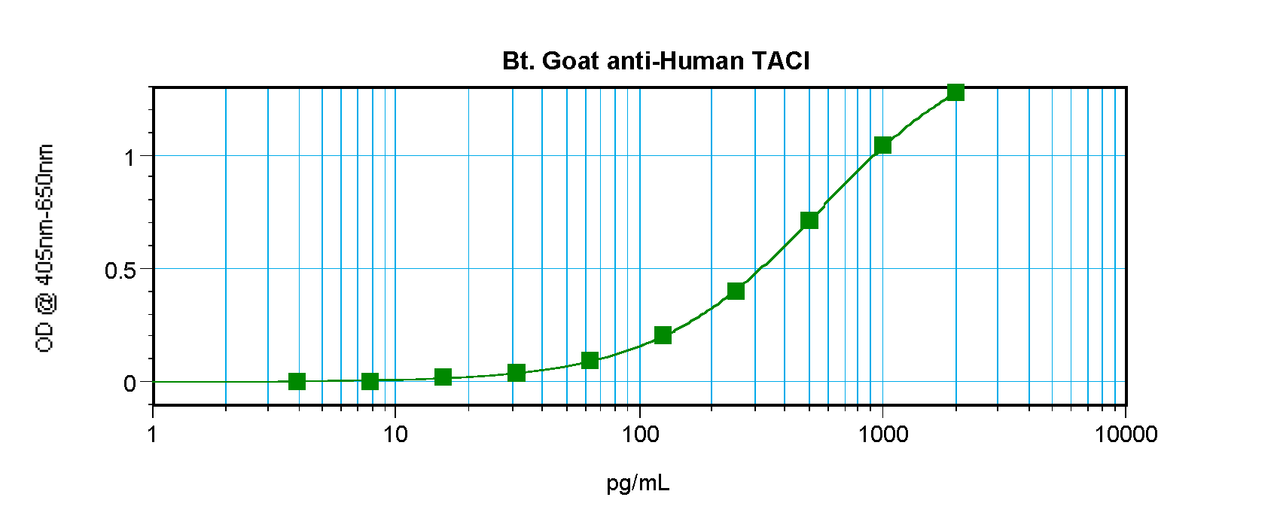



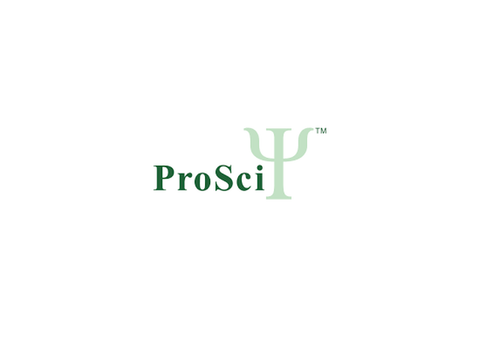
![TACI Antibody [1A-10] (biotin) TACI Antibody [1A-10] (biotin)](https://cdn11.bigcommerce.com/s-452hpg8iuh/images/stencil/500x659/products/553847/761844/porsci_lo__79508.1648973713__18552.1649086278.png?c=2)
